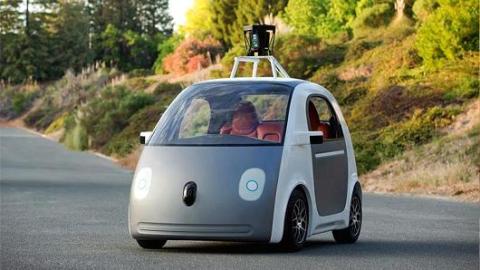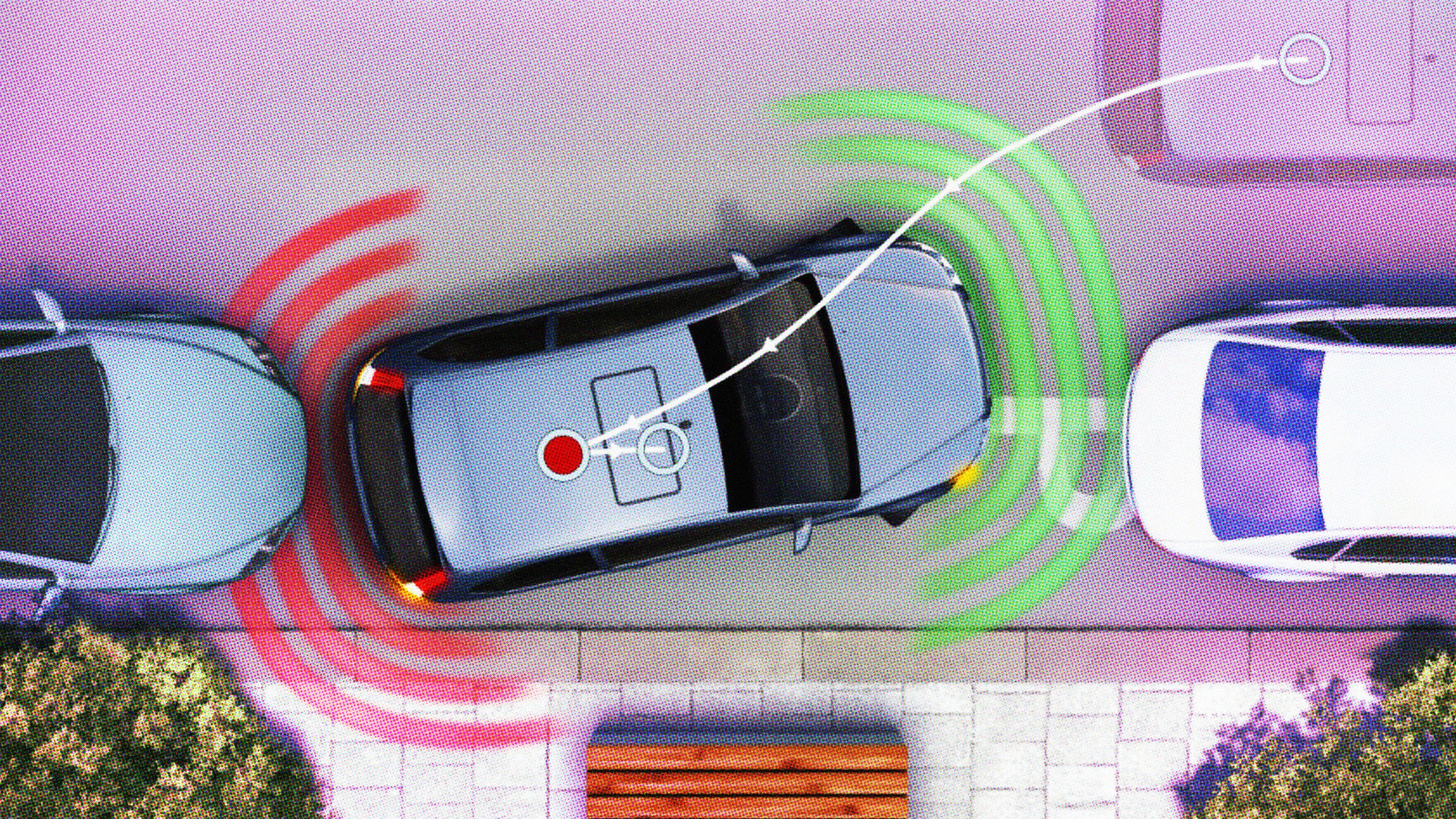Concerns About Driverless Car Regulations Are Revving Up

What’s the Latest?
According to Tech Times, the UK will allow driverless cars on public roads beginning in January 2015. Before then, authorities will need to conduct extensive tests and determine just how to regulate things such as liability and insurance. From the above-linked article penned by Christian Bautista:
“Leaders will assess compliance in relation to traffic laws, construction and safety regulations and certain stipulations in the Highway Code. The Highway Code is the country’s main set of rules for all road users in the country. Ministers will also look at the current laws in place for liability and insurance, licensing and the regulations for driverless cars that have been adopted in other countries.”
What a fascinating situation. Someone, at some point, is going to be injured by an automated vehicle. Who is going to take the blame when it happens?
What’s the Big Idea?
Questions about driverless car liability have been tossed around for quite a while now. One of the major points of near-consensus is that insurance companies will embrace automated vehicles due to the near total elimination of driver error. Points of contention include whether sitting behind the (absent) wheel should require a driver’s license or not. As for the case of who’s at fault when someone gets injured by/in a driverless car, the Brookings Institute recently detailed just how finding a solution to that quandary may be easier than initially supposed because a legal framework for new technology liability already exists.
Read more about automated cars in the UK at Tech Times
Photo credit: Google / Google Driverless Car





